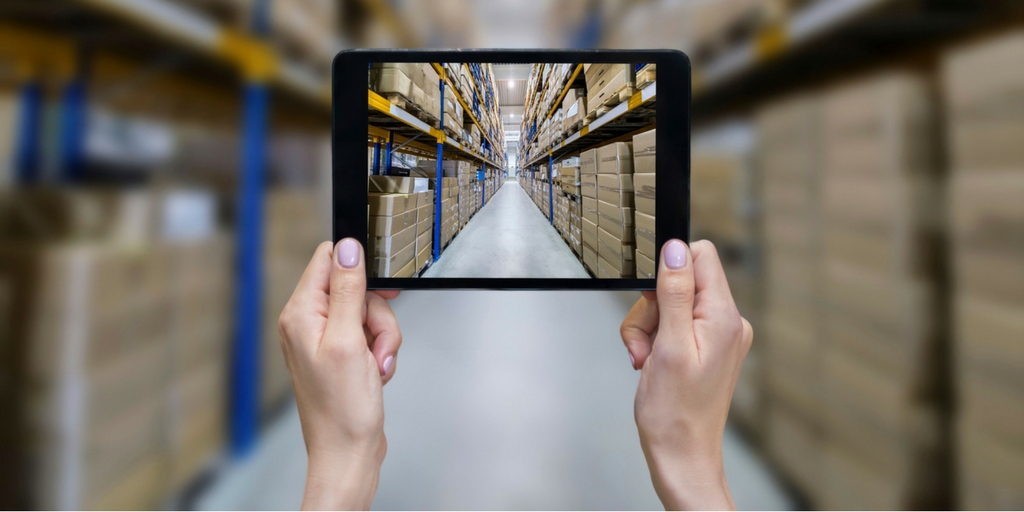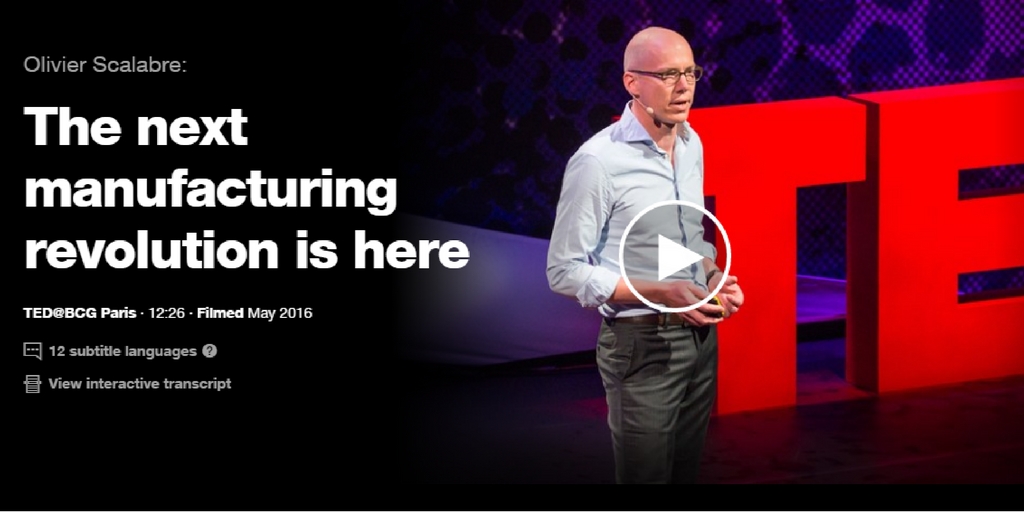
Blockchain Continues to Make Its Way into the Supply Chain World
Blockchain is coming, and it offers the potential to shake up Supply Chain and Logistics like few other technologies coming down the pike.
This guest post comes to us from Argentus Supply Chain Recruiting, a boutique recruitment firm specializing in Supply Chain Management and Procurement.
A few months back, we wrote about Blockchain as an emerging technology and tool for Supply Chain transparency. It’s a pretty incredible technology that stands to reshape big aspects of the economy in general and Supply Chain in particular – but it’s also pretty difficult for the common person to understand, which doesn’t help matters. But Blockchain is coming, and it offers the potential to shake up Supply Chain and Logistics like few other technologies coming down the pike.
In the simplest terms possible, Blockchain is a distributed ledger technology that allows a decentralized network to track transactions within a system. It’s the technological basis for Bitcoin that solved the problem of how to verify transactions for a digital currency without relying on a central entity or bank.
One of the most relevant parts of Blockchain for Supply Chain purposes is the fact that Blockchains tend to be more open and transparent than other sorts of ledger systems – anyone participating in the network can see the transactions. Which has led Financial Services companies to seek out Blockchain technology to more quickly make cross-border payments and verify contracts. It’s also led to companies using Blockchain’s openness to redefine transparency about where they source their products. For example, seafood companies and other food production companies with overseas sourcing can use Blockchain to keep a solid record of every transaction along the Supply Chain, so that consumers can rest assured that the fish they’re buying was farmed sustainably, without using human slavery.
Here’s another new application: shipping giant Maersk is partnering with IBM to use Blockchain to track shipping containers. The goal here isn’t as much transparency as efficiency – which is a much-beloved quality in contemporary Supply Chains. Tracking shipping containers can involve dozens of people and hundreds of individual interactions as it makes its course along the Supply Chain from, say, China to the West Coast of the U.S. Maersks’s new Blockchain program will allow all stakeholders to witness the shipment’s progress and status at all times. The idea is to cut down on paperwork involved and allow both suppliers, buyers and shippers to streamline the process.
At the same time, Wal-Mart is delving into using Blockchain for food safety. Whereas merchants traditionally struggle with unfortunate product recalls that happen from time to time – pinpointing a specific SKU, a specific shipment, a specific vendor, of a product that’s made a customer ill and then taking it off the shelf – Wal-Mart is hoping that Blockchain will help it glean important data from receipts all up and down the Supply Chain: where was the food grown, who inspected it, etc.?
This can help the company be more strategic in removing items from shelves, avoiding the kind of broad-brush recalls (“pull all the spinach!”) that can cost a company millions.
With Wal-mart, Maersk, IBM, and other companies like Nasdaq and BHP Billiton starting to make their way into using Blockchain, it’s clear that the burgeoning tech has finally arrived on the scene.
Any Blockchain experts out there? Are there other applications or implications for Procurement and Supply Chain that we might not be thinking of? Let us know in the comments!
Related posts:
- Are We Thinking About “Soft Skills” All Wrong?
- 10 Must-Read Supply Chain Articles by Up-and-Coming Talent
- Top 5 Trends to Know to Compete with Amazon’s Supply Chain

